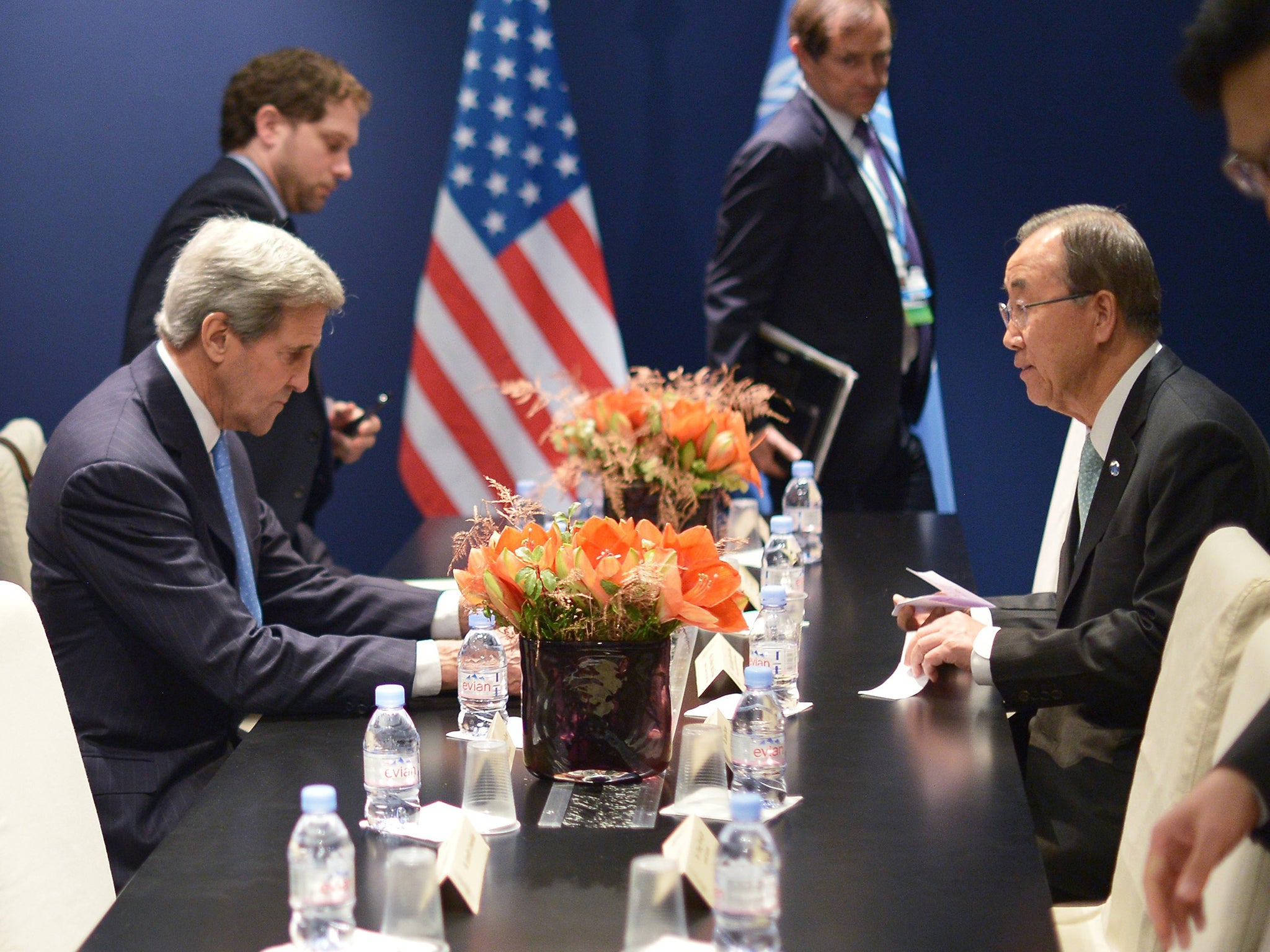COP21: There’s always a last-minute hitch to build suspense before an agreement is reached
Having attended multiple such conferences, I can attest that the final-hours showdown tends to follow a particular script

Your support helps us to tell the story
From reproductive rights to climate change to Big Tech, The Independent is on the ground when the story is developing. Whether it's investigating the financials of Elon Musk's pro-Trump PAC or producing our latest documentary, 'The A Word', which shines a light on the American women fighting for reproductive rights, we know how important it is to parse out the facts from the messaging.
At such a critical moment in US history, we need reporters on the ground. Your donation allows us to keep sending journalists to speak to both sides of the story.
The Independent is trusted by Americans across the entire political spectrum. And unlike many other quality news outlets, we choose not to lock Americans out of our reporting and analysis with paywalls. We believe quality journalism should be available to everyone, paid for by those who can afford it.
Your support makes all the difference.As the Paris COP21 UN climate conference grinds to its final conclusion some time this weekend, some historical perspective might be in order. Having attended multiple such conferences, both as a journalist and then later as adviser to the President of the Maldives (currently sadly jailed by the country’s new authoritarian leadership) I can attest that the final-hours showdown tends to follow a particular script.
Firstly, it is always announced with great fanfare and optimism that a “final” text will be presented to delegates late on Friday evening. A plenary is then scheduled, where the text – which has been hammered out behind the scenes by the key players and negotiating groups – is expected to be approved by acclamation. This never goes as planned: the plenary is endlessly postponed as arguments continue behind closed doors, meaning everyone forgoes sleep for a further one or even two nights.
Secondly, and related to the first, there is always a last-minute hitch. Copenhagen in 2009 presented the most famous example of this, where heads of government including President Obama and Angela Merkel were closeted for hours arguing over the nitty-gritty of the draft text. In Copenhagen the key blockers were the Chinese – in Paris ominous rumbles of discontent are emerging from the Indian delegation, which is concerned that too tight a global restriction on carbon emissions will curtail its economic growth and emergence from poverty.
Thirdly, something always happens at the last minute to salvage the situation, amidst great drama. At Copenhagen Ed Miliband distinguished himself with an exhausted but impassioned plea for a deal, while the then Maldives President Mohamed Nasheed was the only head of state to attend the final plenary – where he stood up and argued in front of other small island states and developing countries that even a flawed deal was better than nothing at all, and carried the day.
Paris looks set to follow the same script, though if anything a deal should be easier than at Copenhagen. In 2009 there was fundamental disagreement about the shape of a proposed global treaty, and bitter division between the developed and developing countries. In Paris a more bottom-up voluntary approach has been adopted, and carbon-reduction plans for 140 countries are already on the table. There’s a lot still to discuss, but the omens are good: the US has joined a new “coalition of ambition”, for example, and the Chinese now take a much more positive role than at Copenhagen.
That said, don’t expect a final text to be produced on Friday night. That is one thing we can probably all depend on.
Mark Lynas is an environmentalist, writer and visiting fellow at the Cornell Alliance for Science, at Cornell University.
Join our commenting forum
Join thought-provoking conversations, follow other Independent readers and see their replies
Comments